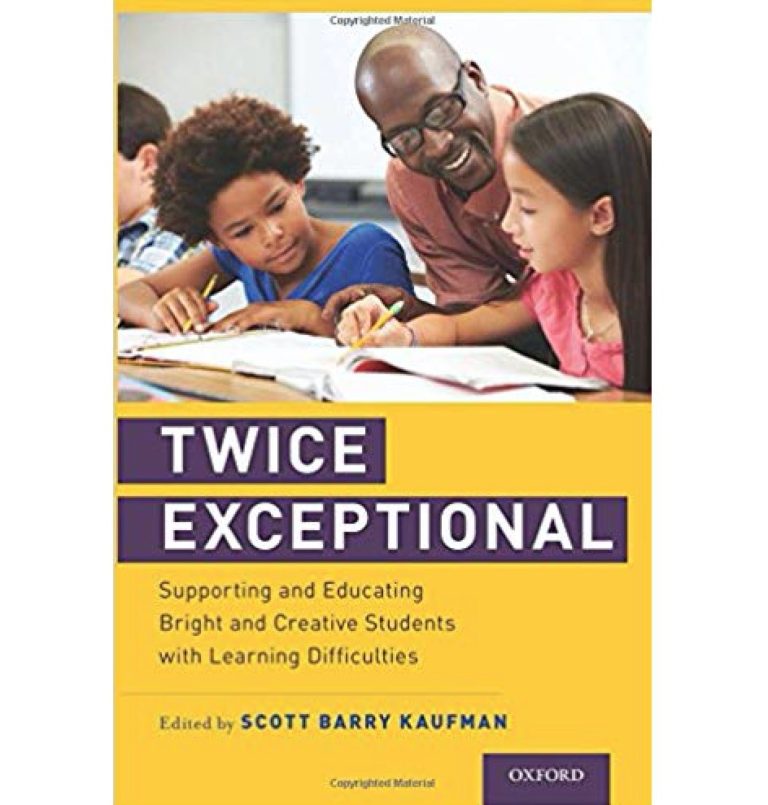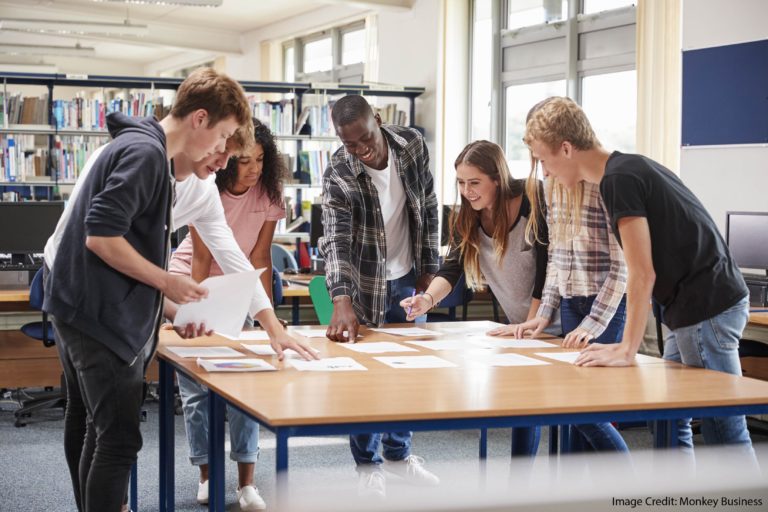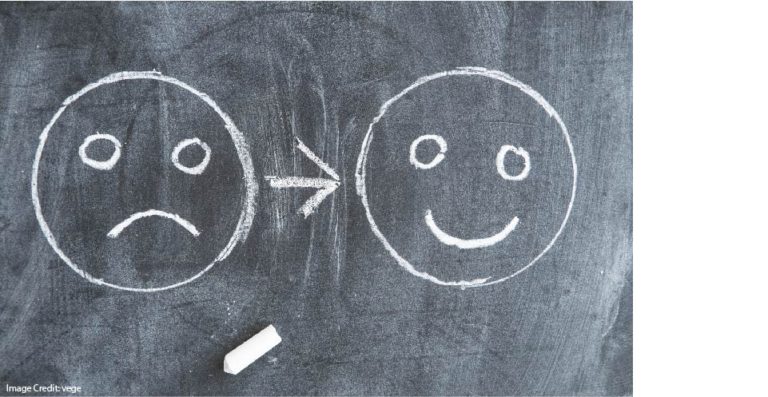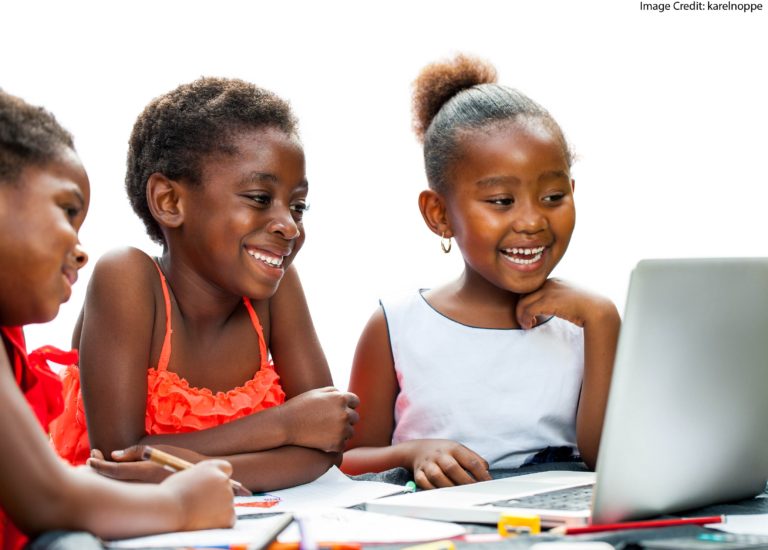Tags
ADHD adolescence attention book review boundary conditions classroom advice conference speakers constructivism/direct instruction creativity desirable difficulty development dual coding education elementary school embodied cognition emotion evolution executive function exercise experts and novices gender high school homework intelligence long-term memory math methodology middle school mindfulness Mindset motivation neuromyths neuroscience online learning parents psychology reading retrieval practice self-control skepticism sleep STEM stress technology working memoryRecent Comments
- I Am a Doctrinaire Extremist; S/he Is a Thoughtful Moderate |Education & Teacher Conferences on Which Is Better: “Desirable Difficulty” or “Productive Struggle”?
- "Writing By Hand Fosters Neural Connections..." |Education & Teacher Conferences on Handwritten Notes or Laptop Notes: A Skeptic Converted?
- Weather Forecasting and Cognitive Science |Education & Teacher Conferences on The Jigsaw Advantage: Should Students Puzzle It Out?
- Weather Forecasting and Cognitive Science |Education & Teacher Conferences on A Beacon in the Mindset Wilderness
- Helen R on The Dangers of “The Big Ask”: In Defense of Stubborn...
ABOUT THE BLOG
Yearly Archives: 2018

The Self-Control Paradox: Resistance is (Often) Futile
The “self-control paradox” leads to a surprise. We shouldn’t help students resist temptation. Instead, we want them to avoid temptation in the first place. Continue reading

Twice Exceptional: Supporting and Educating Bright and Creative Students With...
Students who have both exceptional talents and learning difficulties have been understudied and underserved in…
Posted in L&B Blog
Leave a comment

Do We Actually Know What We Think We Know?
Teachers trust research when several studies reach the same result. Sadly, the current “replication crisis” means that we don’t always know what we know. Continue reading

Sad News
Like so many who study psychology, we at LatB are terribly sad to learn…
Posted in L&B Blog
Leave a comment

Have We Finally Arrived at 2nd Grade?
When I first met him, Kurt Fischer used to say “when it comes to the…

Update on “Collaborative Learning”
Last week, I wrote about a potential strategy for making group-work more effective. A Boston-based…

The Unexpected Dangers of Reading (and Writing) Blogs
A recent post on a well-known education blog beats up on that old nemesis: “rote…

What’s the Best Timing for Collaborative Learning?
Learning can be a lonely business. Does collaborative learning help students? If yes, what guidelines…

The Surprising (Potential) Benefits of Stress
We’ve known for years that people listen to good news more than bad news. New research suggests, surprisingly, that stress helps us learn from the bad news as well as we learn from the good. Teachers should hope that this study will be repeated with school-aged children. Continue reading

Improve Your Syllabus & Lesson Plan With “Prior Knowledge”
By explicitly including prior knowledge in our lesson plans, we can help students learn new material more effective. And, this effect might explain the syllabus-level benefits of spreading practice out over time: the “spacing effect.” Continue reading
